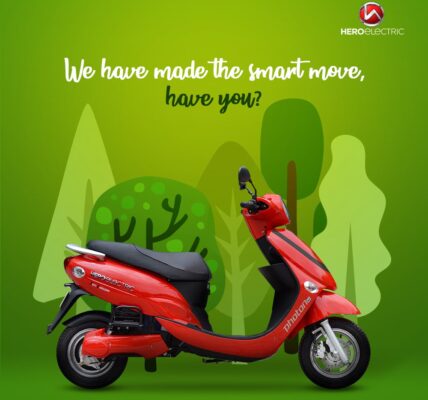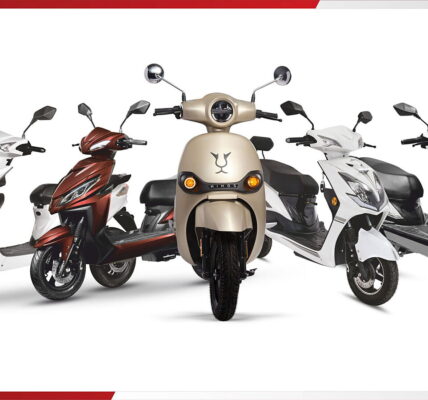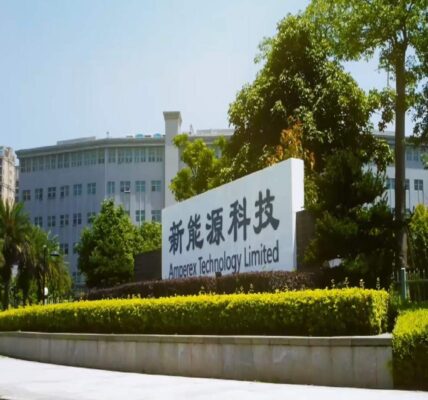Tamil Nadu’s electronic and electrical production ecosystem is diversifying into EV charger manufacturing. Top players such as Delta India and Eaton are looking at the entire range of chargers from small 60 kW to 350 kW as the demand switches towards fast-charging and multiple-charging guns for both big and small EVs.
While India’s 30,000-strong EV charging network offers huge opportunities, manufacturers are
looking to export too. “We are looking at getting into 60 kW and the 120 kW chargers very soon. We have design work going on because we want to come up with unique features that can be sold both in India and outside,” says Syed Sajjadh Ali, MD-electrical sector, India, Eaton. Eaton, he adds, would come out with its own EV chargers by the end this year.”This will be the 60 to 120 kW segment, followed by the 240-kW charger by the beginning of next year,” says Ali.
Even those well-entrenched in the EV charger business are looking to expand both product line and production as local demand rises. “We initiated EV charger development early on in 2017-18. Initially, the demand was for lower capacity solutions, such as AC chargers and the Bharat 30-kilowatt chargers,” says Niranjan Nayak, MD, Delta Electronics India.
Since then, the market has been shifting towards high kW products.”While 60 kW was our largest DC offering until last year, we have now launched a 180-kW charger and are ready with a 350-kW product too in anticipation of market growth,” says Nayak.
India needs 16,000 crore in capex to meet public EV charging demand in five years, says the FICCI EV Public Charging Infrastructure Roadmap 2030 report. “People don’t want to wait for longer while they are travelling so higher kW products are in demand,” says Nayak. EV charger makers are also offering multiple-gun products so more than one vehicle can be charged simultaneously. “The more you increase the capacity, 350 kW or 500 kW in future, there can be two or three guns to simultaneously charge the vehicles. This is the second requirement which is coming,” he adds. What’s more, the same chargers can be used for e-buses as well as e-cars.
TN is one of the front-runners in both EV and EV infrastructure related manufacturing. The state comes in among the top five for EV charging stations set up by oil marketing companies – UP has 2,561 stations, Maharashtra 1,595, Karnataka 1,516, Rajasthan 1,482, and Tamil Nadu 1,448. It has also, in recent years, seen a surge in EV charger manufacturing from IIT Madras-incubated startups such as Plugzmart to the newly announced JV between Epic Energy and Fenfeo Automotive for a factory in Coimbatore.
The production push is understandable given how uncertain global supply chains have become. Delta India for instance, says Nayak, manufactures its own core rectifier modules. “Within our R&D division in India, we have a team of more than 50 engineers focused on EV charging, which collaborates and shares platforms with our global R&D efforts,” he adds. On the manufacturing front, the company has established dedicated production lines at its Krishnagiri plant, “which we will be expanding”. Its capacity right now: 1,000 a month but “based on need we can increase”, says Nayak.







